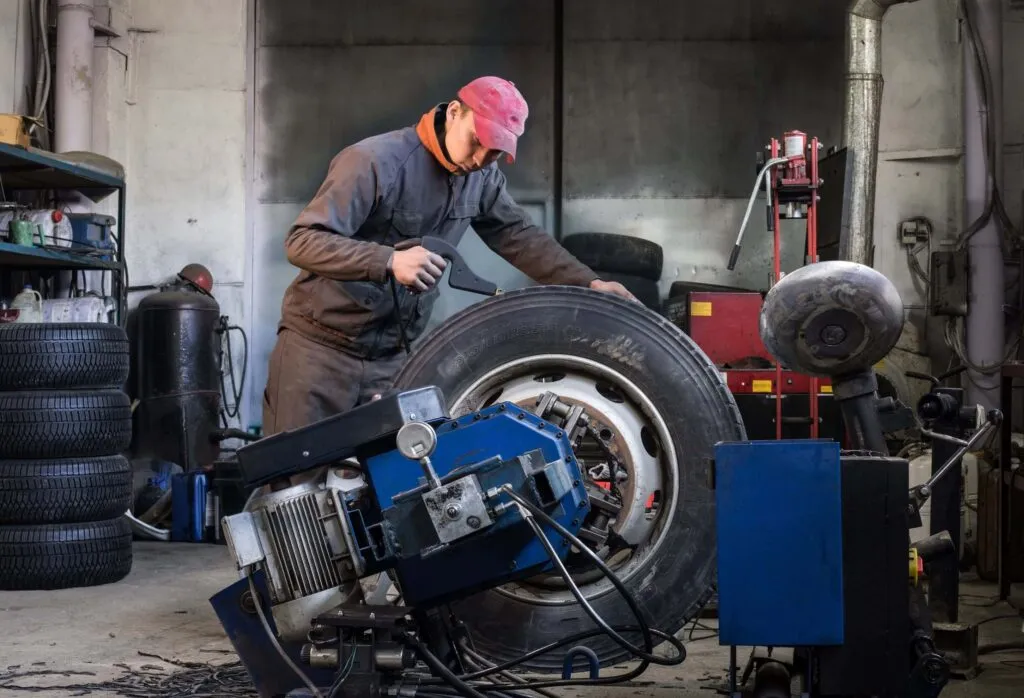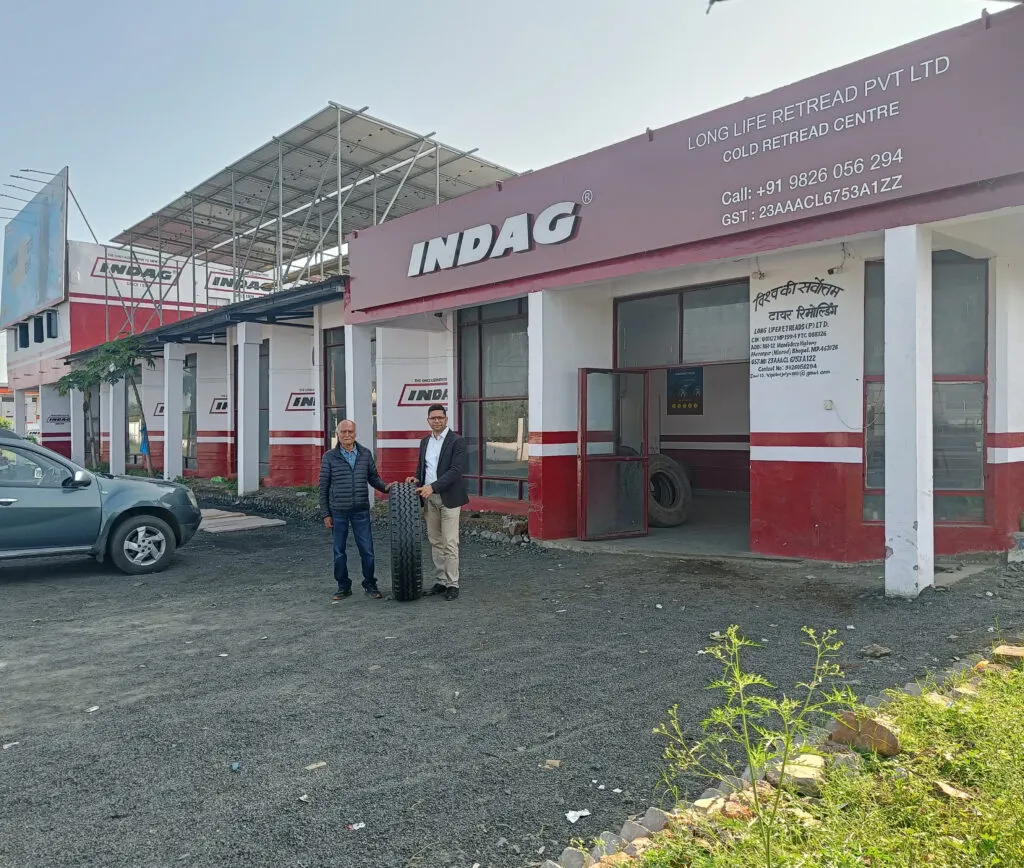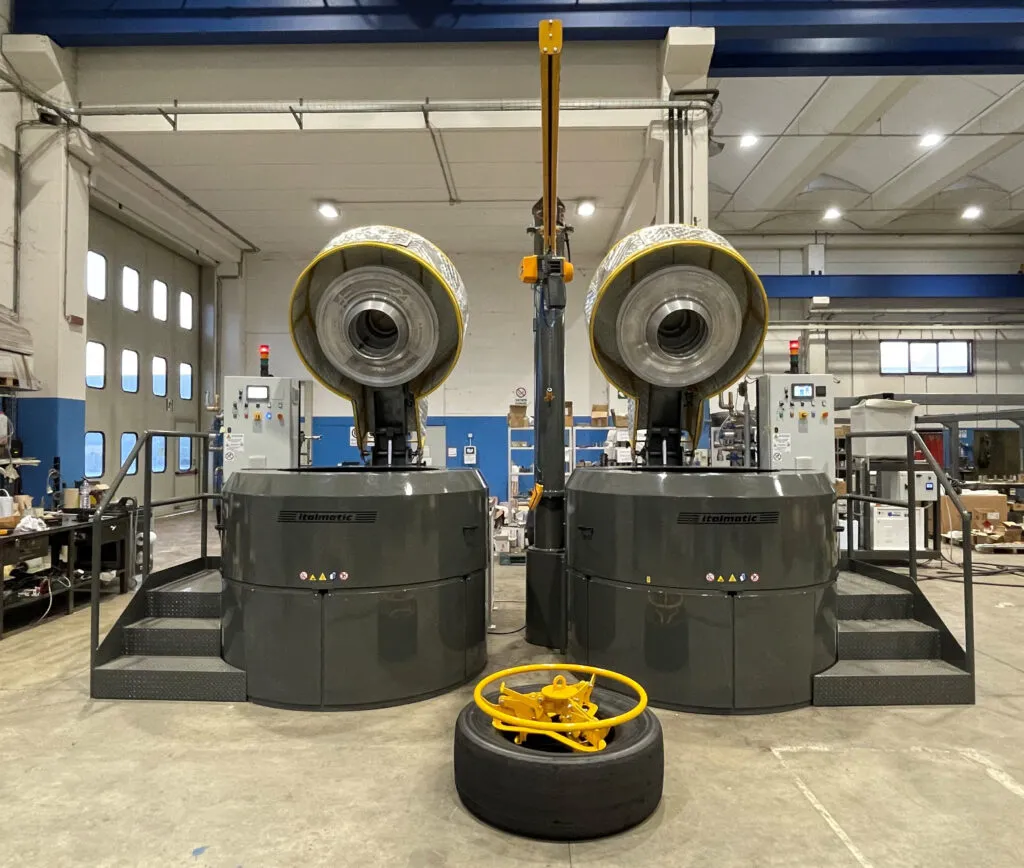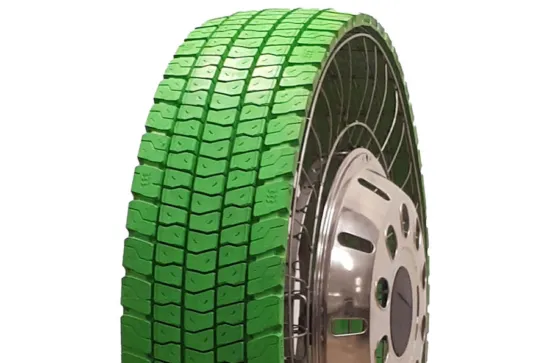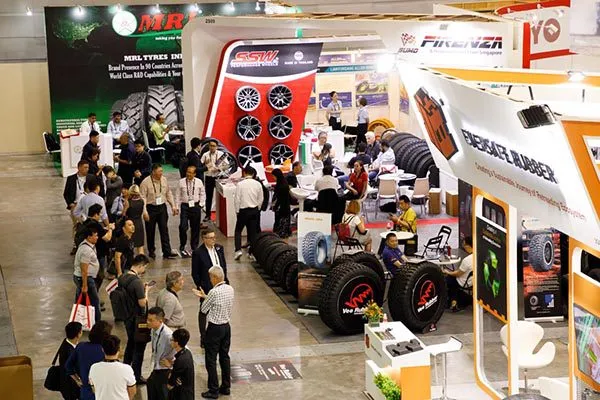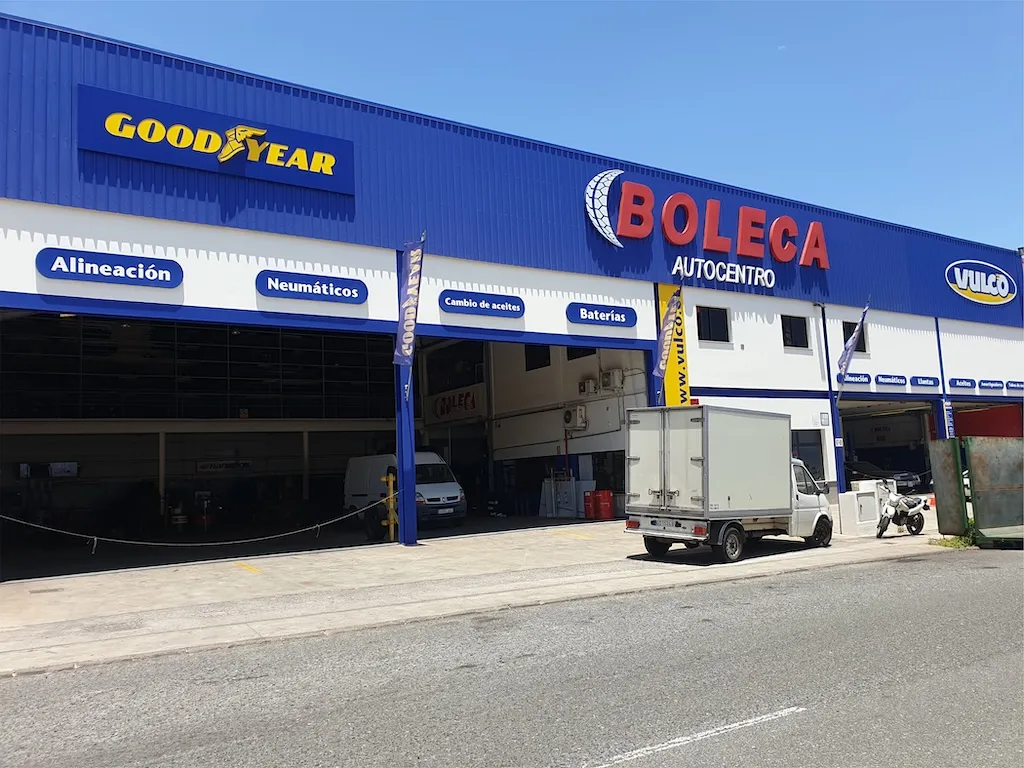The Russian retreading industry is experiencing a significant shortage of casings suitable for retreading, according to reports from the Mosckovskaya Gazetta, which cites insights from industry analysts.
Crisis Brings Change.
Despite this challenge, new retreading operations are initiated, and existing facilities plan expansions. Sergey Podoinikov, the executive director of the Russian Association of Tyre Manufacturers and Importers EcoShinSoyuz, highlighted the prevailing trend in the truck tyre segment where tyres are used until their casings are unfit for retreading. Initially established to support tyre recycling efforts, this association has analysed the retreading sector’s current state.
The retreading industry in Russia, which emerged from the recycling sector, has evolved into a mature industry, according to Podoinikov. However, the practice is less widespread than in some other countries with a stronger commitment to reusing truck tyres. The criteria for retreading tyres require a certain level of wear; beyond a specific threshold, retreading becomes unfeasible. Podoinikov pointed out that an increasing number of tyres are being worn down excessively, partly due to professional drivers’ practice of rotating tyres to extend their usage and a trend towards using tyres until they are nearly unusable. He attributed this to rising new tyre prices and scepticism towards the quality of Chinese tyres, which have flooded the Russian market.
Despite replacing Western tyre brands with Chinese alternatives in sectors like mining, concerns about quality persist. Podoinikov noted a general wariness towards Chinese tyres, given a longstanding preference for Western European, American, and Japanese brands.
Over time, there’s been a noticeable shift, with some market players observing an increased interest in tyre retreading, particularly in central and northwest regions of European Russia. However, running on worn tyres remains prevalent in the cargo transport sector, as highlighted by Vladimir Matyagin, president of the Gruzavtotrans cargo carrier association. Matyagin described cost-cutting measures that carriers adopted, including using used tyres and operating without spare tyres, which poses a risk to road safety. He mentioned that carriers’ compliance with vehicle maintenance regulations could be higher, further exacerbating safety concerns.
Despite the dominance of Chinese tyres, there remains a significant demand for Western brands, as explained by Maxim Kadakov, an independent tyre industry analyst. Kadakov emphasised the variable quality of Chinese tyres and the marked performance difference between these leading brands, particularly for winter tyres. He noted that safety-conscious consumers prefer brands like Michelin, Nokian Tires, Continental, and Pirelli.
Amid these challenges, some retreading businesses are considering expansion. Complect Service, a Karelia-based plant, plans to increase its production by 50% and explore expanding its operations across Russia, as stated by the regional Economy Development Ministry. This expansion reflects an optimistic outlook for the retreading industry despite the shortage of suitable casings and the sector’s broader challenges.

